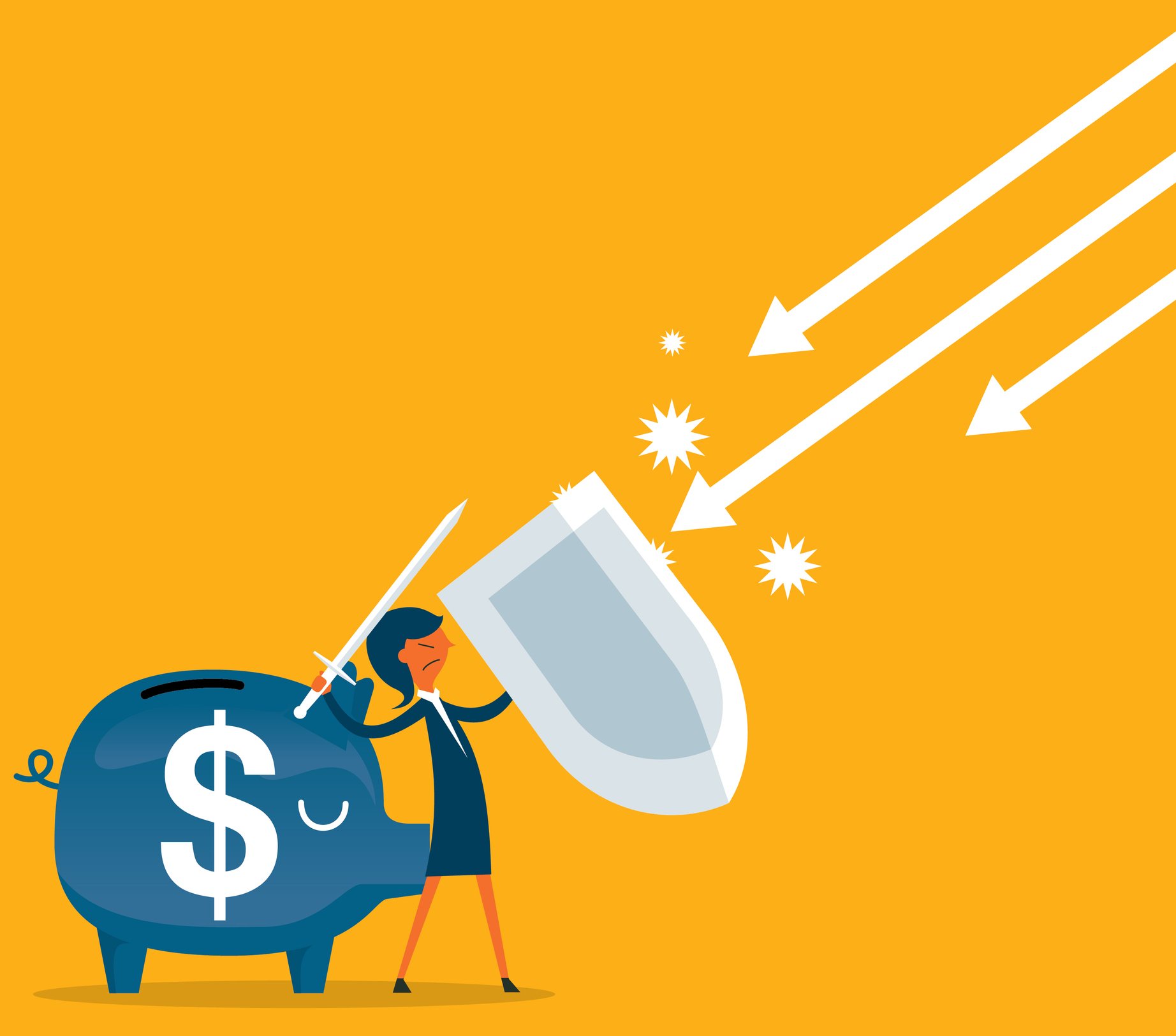Password Security: Protecting Yourself from Identity Theft
Password Security: Protecting Yourself from Identity Theft
By: Stacey Nickens
This time of year, you may be cleaning out your garage, donating last season’s boots, or regifting the Christmas presents that you never used. Many of us remember the importance of keeping our homes organized. However, we often forget to regularly “reorganize and clean up” our digital footprint. It’s important to clean your gutters each year, but it’s also important to change your passwords and check your credit report. So as you block out some time each weekend to declutter your physical space, take some time to follow three quick steps that will help you protect your finances and your privacy.
Use a password storage system so you can create more complex passwords. Internet security experts always recommend that you use different and complex passwords for each of your accounts. Click here to review the FTC’s strong password checklist. However, I don’t know about you, but my brain can’t hold onto a million different passwords with unique numbers, characters, and symbols. You may be accordingly tempted to use simple passwords that are similar across all of your accounts. However, this significantly reduces your internet security. Instead, you can invest in a secure password storage system, such as LastPass. These programs allow you to securely store your passwords, such that you can create complex passwords without having to remember every single one of them. Similarly, if you have the option, use two-step verification on your accounts. Two-step verification involves sending a code to an email address or phone number, such that someone must both have access to your phone or email as well as your password in order to log into your account. Two-step verification is available for such websites as Gmail and Amazon, and it significantly decreases somebody’s ability to hack your accounts, even if they have access to your password.
I would also make sure that your significant other or a close friend/family member has access to your important passwords in the event of your sudden incapacitation or death. If you create an online password storage account, you could share this account with that trusted individual. You could also use Elm3’s Master Directory template to store important information. If you choose the latter option, make sure you store the document in a highly secure place, such as a locked safe, and inform your trusted person of its location.
Freeze your credit at all major credit bureaus. It’s best practice to freeze or lock your TransUnion, Equifax, and Experian credit reports. You can temporarily, and easily, life this freeze or lock when someone needs to pull your credit for a loan or another purpose. However, even then, you can input a date at which the credit bureau will re-lock or re-freeze your credit. Doing so prevents people from taking out lines of credit with your stolen information. Lenders will not open a line of credit if they can’t pull a credit report. The major credit unions also offer online protection and monitoring. For example, for a fee, Experian will track major changes to your credit reports, any new accounts opened with your name or social security number, and other potential red flags. You could consider employing this or another online monitoring system to help track your digital security.
While you’re freezing your credit, I would also take a moment to review your credit reports and statements. Check for any new lines of credit that you did not open or for any unexplained purchases. Regularly checking your credit statements will help you catch fraud before it gets out of hand.
Regularly update your devices, web browsers, and software. Updating your phone or computer may be annoying or frustrating. However, software updates are designed to better protect your device or browser from malware, viruses, and other security holes. You can either set your devices or software to regularly update on their own or you can mark your calendar for a time each month, when you will check for and download new updates. Additionally, web browsers such as Chrome regularly update themselves; however, some web browsers do not. Check to see if your web browser requires you to manually download updates or the browser does so on its own.







